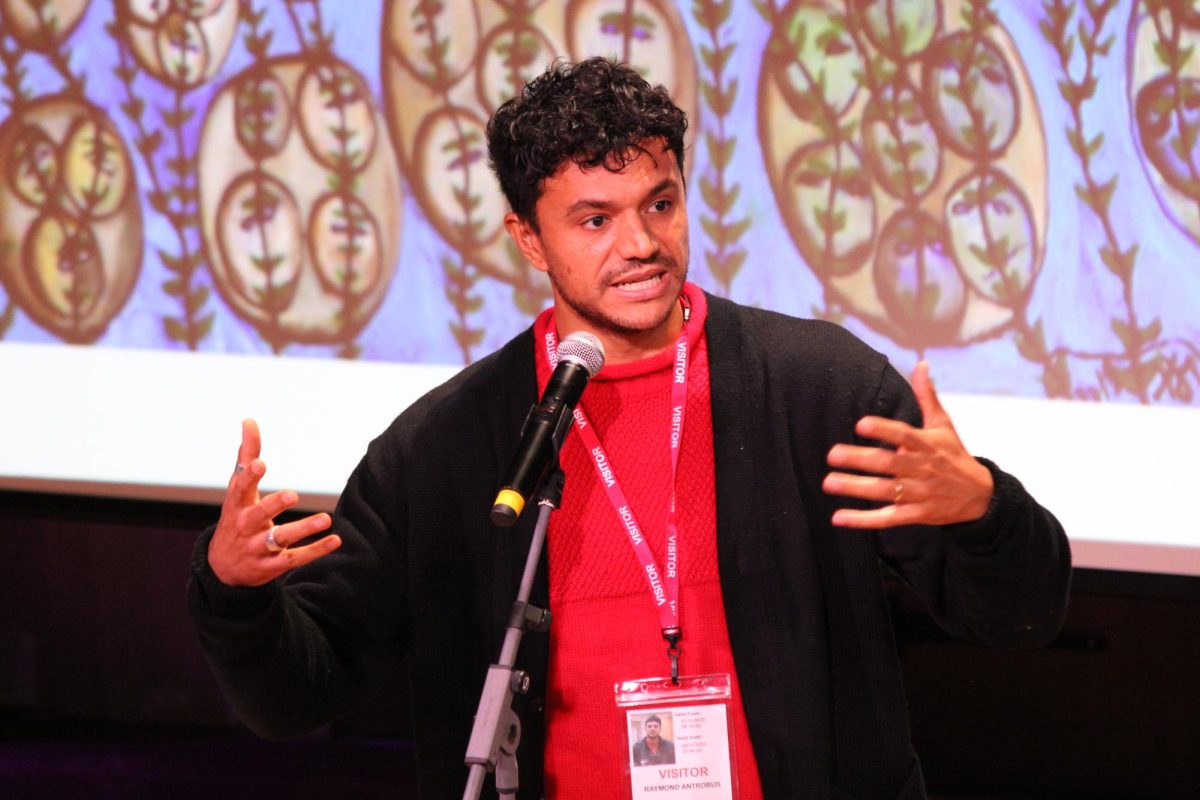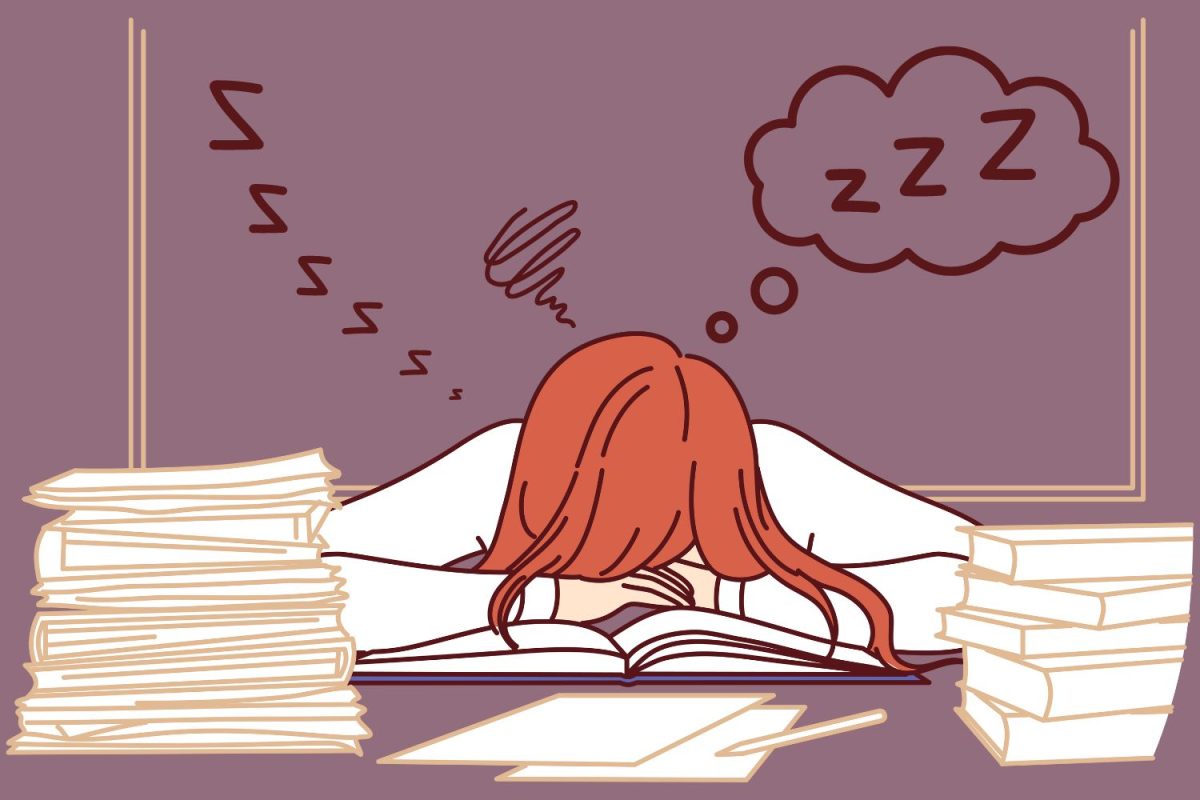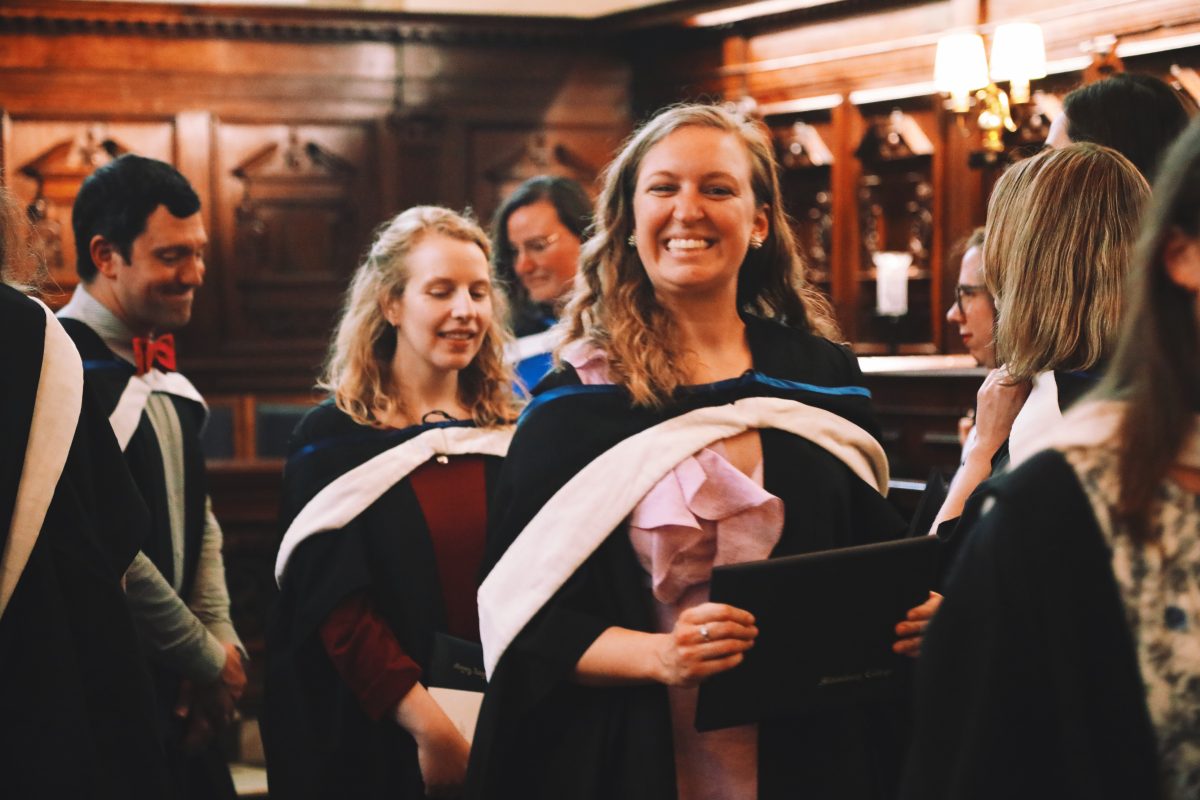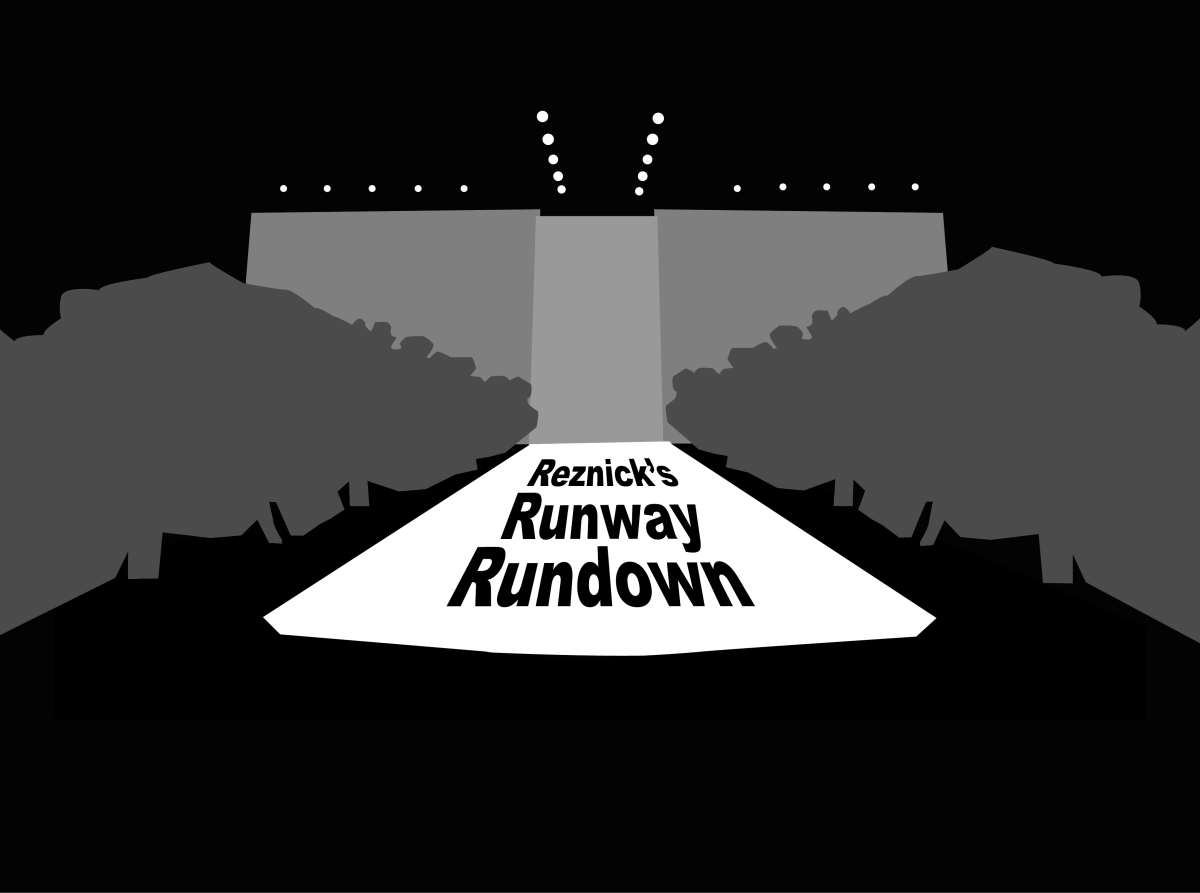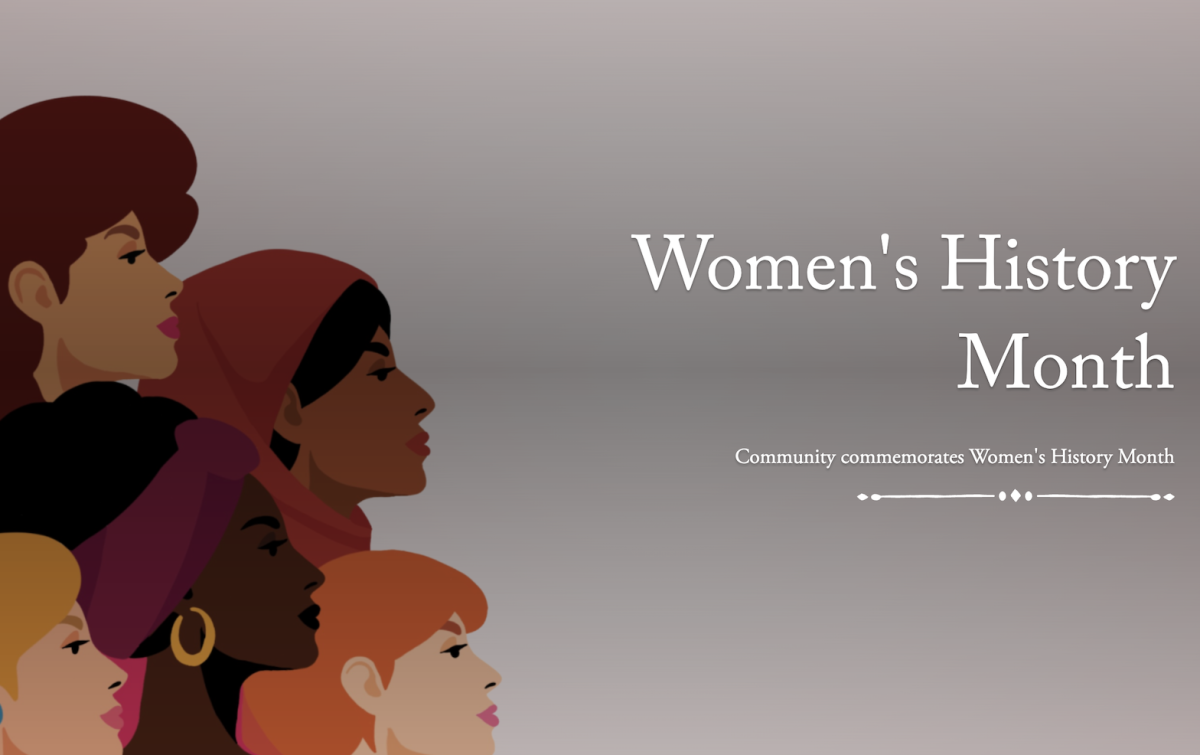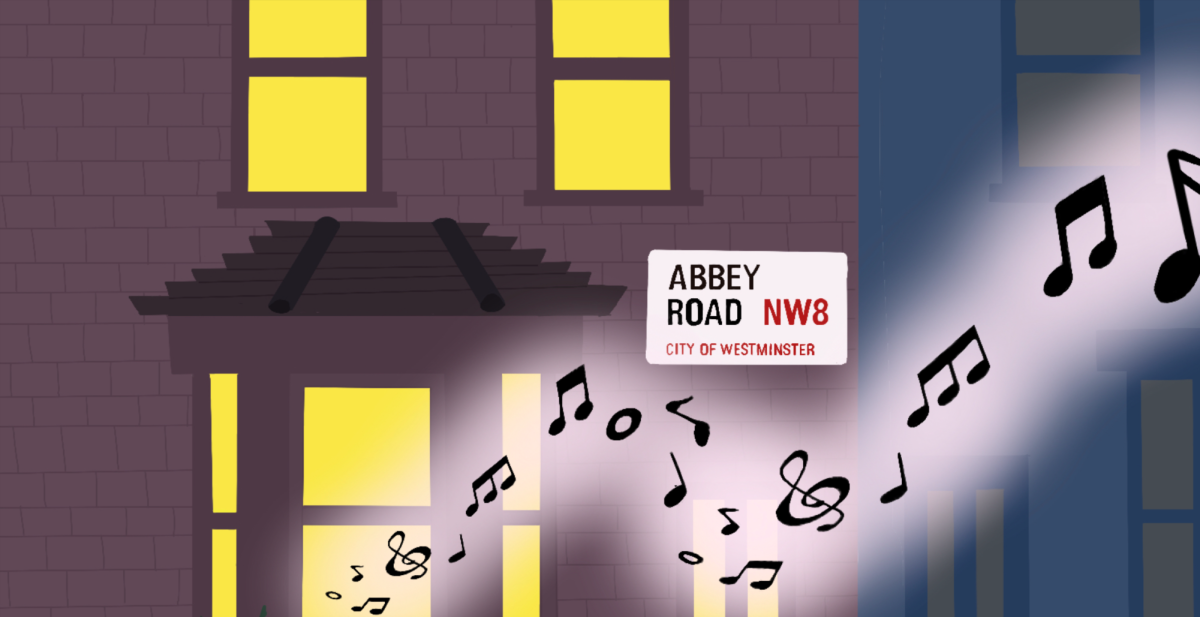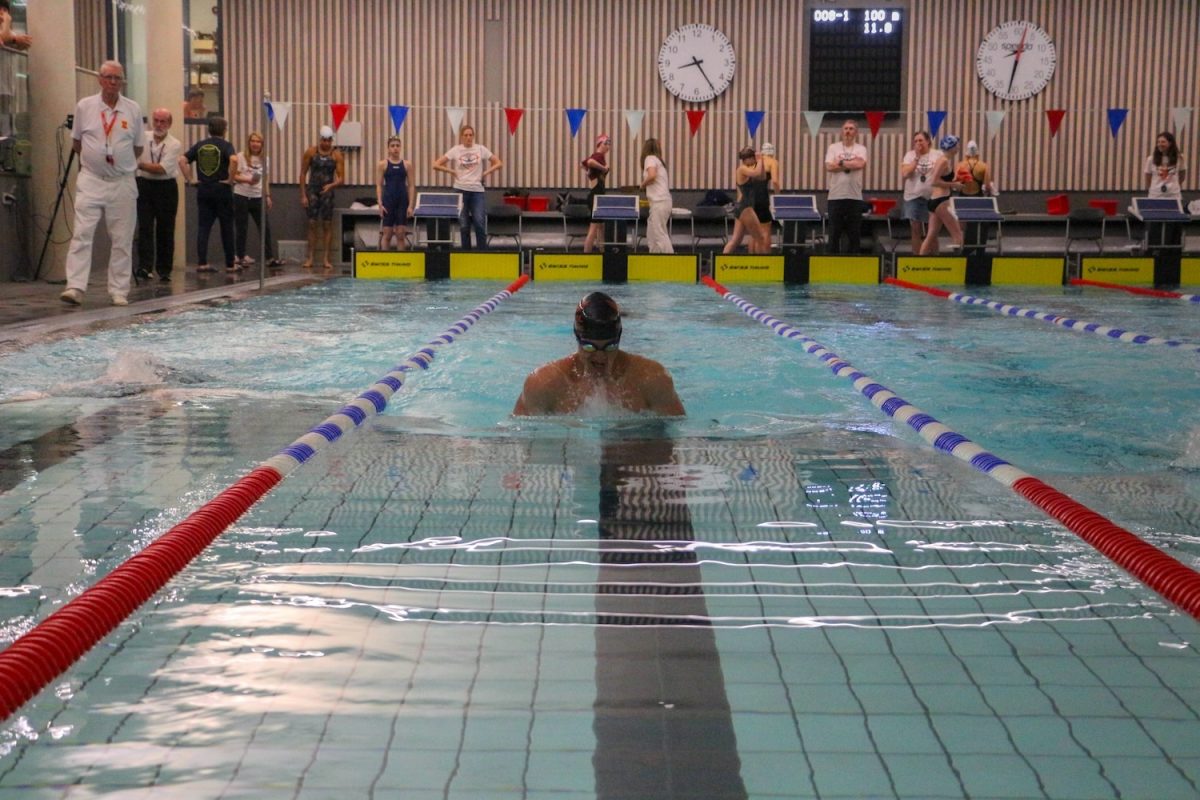Poet Raymond Antrobus’s first ever story was a tale of persecution. He wrote a series of stories as a kid about a pony living as an outsider in a world of horses.
“So much of those stories came out of, like, the kind of conflict that was going on at my home and my siblings and my family,” he said. “But of course, like I’m only saying that retrospectively. At the time, I felt like it was something I was just writing.”
Antrobus’s work is listed in the Poetry elective syllabus, British GCSE syllabus, and he is recognized as both a Member of the Most Excellent Order of the British Empire and a Royal Society of Literature Fellow.
While Antrobus has certainly received praise for his poetry, he is not the first writer in his family. In the same month that Antrobus was born, his grandfather, both a preacher and a poet, died. His grandmother gave Antrobus folders and stacks of his grandfather’s sermons, each of which had his grandfather’s poems written on the back.
“I internalize that almost like permission, like this is part of me,” he said. “This is part of my lineage. This is who I am.”
“The word enthusiasm literally means responding to the God within you. I really do feel that that’s what I’m doing with writing.”
Antrobus said his gravitation toward writing was a kind of spiritual necessity.
“The word enthusiasm literally means responding to the God within you,” he said. “I really do feel that that’s what I’m doing with writing.”
Some writers and creatives are guided by a central question that strings together their body of work or is the driving force behind their pursuit of answers. Author Joyce Carol Oates said in a recent interview with the New Yorker all of her work stems from her first diary entry: “Does the individual exist?” In Joan Didion’s “Why I Write” essay published in 1976, she said, “I write entirely to find out what I’m thinking, what I’m looking at, what I see and what it means.”
For Antrobus, everything he writes falls under his self-proclaimed tagline “An Investigator of Missing Sounds.” In his debut collection “The Perseverance,” themes emerged around grief, heritage and the Deaf experience.
Antrobus worked for six years as an English teacher assistant – “but also,” he said, “like a poet-in-residence” – at a school in Hackney. He worked with students from ages 11 to 16, which is where he wrote the first draft of his poem “Jamaican-British,” a piece that is now listed on the U.K. national curriculum for English GCSEs.
He said the students wouldn’t sit still, so he would prompt their interest by jotting down notes in silence until they wanted to know what exactly he was writing.
“I noticed that if I sat down at the beginning of the class, and they saw me writing, it would make them curious,” he said. “It would be like, ‘Why is he writing?’ And then I would get up and share with them something I wrote.”
He said reading his work to a room of students shaped how he envisions the reach his words can have.
“It was such a catalyst to the way I think about, I suppose, performing and giving something I’ve written and what, kind of, inspiration can do,” he said. “Once you read something, and you put it out to the world, it’s not yours. It just becomes its own thing.”
When he was reading the earliest draft of “Jamaican-British” to students, Antrobus said it was just “another example of something that’s helped keep me writing, keep going.” As Antrobus spoke and repeated the phrase “keep going,” he circled his hands around each other as if unspooling a ball of yarn.
Antrobus said he attributes his hand motions, conveying persistence, to the growing public perception that writing is not worth a career, spurred by recent headlines around the U.K. government’s declining support of the arts. In July, the Conservative Party announced a plan to discourage students from pursuing “rip-off” or “low-value degrees,” many of which target the performing arts, according to The Guardian.
Thus, Antrobus said he feels an even stronger need to emphasize the value of creative work to students and within himself.
“It’s an actual campaign to stop you, to stop young people from really believing,” he said. “I do feel defensive, even to myself.”
“You need to be in the world. We need to be speaking. We need to be living as well as reading.”
On the day he spent at the school Nov. 7 to work with students, Antrobus answered questions about his creative process and life as a writer in addition to teaching poetry workshops. Through leading writing exercises, Antrobus said he hoped students would leave feeling like an “exchange” had taken place, walking away with ideas they wouldn’t have put to paper otherwise.
“I wanted whoever was in the workshop to be able to leave with a draft, an idea, something new, something that they couldn’t have written with anyone else,” he said. “Something that was really specific to our interaction.”
The power of the arts, Antrobus said, comes not simply from studying, but from the act of doing.
“It’s easy to just rely on literature, just rely on the book, and just think everything you need is on the pages in the libraries, and for me, that’s not the case,” he said. “You need to be in the world. We need to be speaking. We need to be living as well as reading.”
For him, communicating through poetry and presenting it to the world is fundamental to his purpose as a human being.
“I do not feel like I can exist and function in the world in a way that I really feel like I was born to, unless I’m writing, unless I’m engaged in, you know, in literature, in speaking and creating,” Antrobus said. “It really is that, kind of, elemental to me.”
His upcoming book, “Terrible Horses,” tells the story of a pony in a world of horses. The children’s picture book is based on the story he wrote as a kid and shared with his sister, who apologized immediately after reading it years ago. She had been the intended audience for that first story, written to send a message about disconnection, which now forms the basis for his latest work.
“I never forgot that, because it was a, you know, metaphorical story,” Antrobus said. “I wasn’t, like, writing, ‘I hate my sister.’ It was like this kind of magical world of talking horses, and yet it connected emotionally and sincerely with my sister and changed the dynamic of our relationship. I’ve never doubted the power and the value and the worth of doing it. I think knowing that is what is embedded in me, the faith to just keep doing this with my life.”

